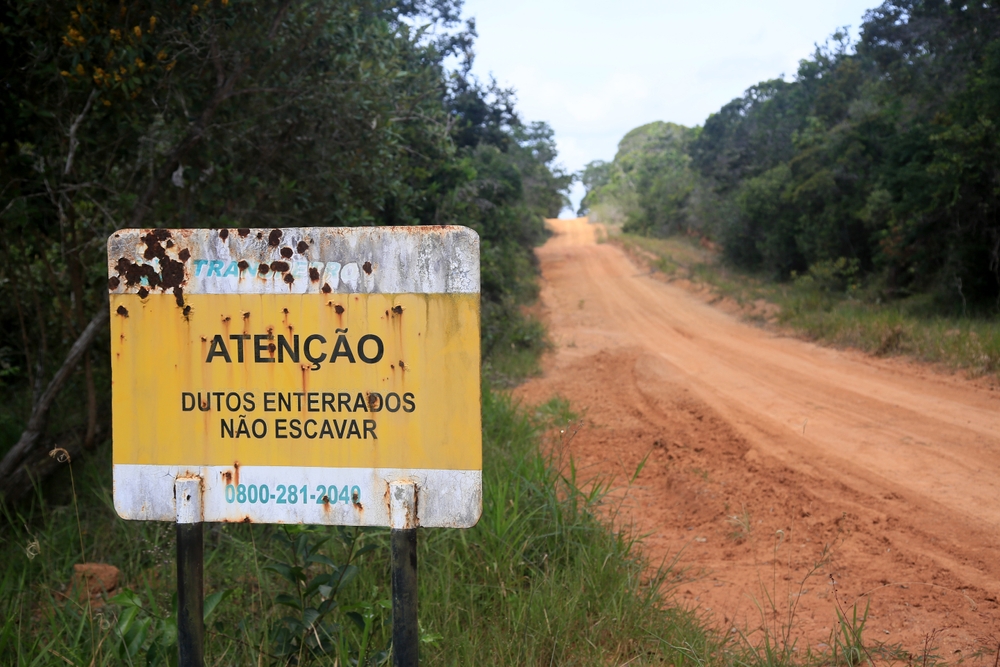Brazil’s main state-controlled companies have, without exception, posted profits without interruption since 2018, per government data. For experts, that is no coincidence — and reflects in many ways the changes brought about by the so-called State-owned Companies Law and the adoption of guidelines established by the Organization for Economic Co-operation and Development (OECD).
Investors worry both pillars may now be in jeopardy under the new Luiz Inácio Lula da Silva administration. The government has been non-committal about pursuing the OECD membership process, and reports suggest it may also be looking to tweak the law of state-owned firms.
The law was enacted in mid-2016 by the Michel Temer administration, in response to corruption investigations that pointed to the systemic use of state-controlled firms — especially Petrobras, the country’s oil and gas giant — for political ends and embezzlement.
Corruption within such companies was unveiled by Operation Car Wash, a now-infamous task force that created the conditions for the ousting of Dilma Rousseff in 2016 and for the arrest of the now-president two years later. This helps explain why the law on state-owned companies is, in many ways, a trigger for the Workers’ Party.
Still, the law has delivered many positive results beyond the bottom line and market value, according to Danilo Gregório, institutional and government relations manager at the Brazilian Institute of Corporate Governance.
Between 2017 and 2021, Mr. Gregório says, the government’s governance index for state-owned companies increased from 4.15 to 8.07 on a scale that goes up to 10. Researchers at think tank Fundação Getulio Vargas called the law “a cutting-edge normative arrangement of integrity, compliance, and anti-corruption practices.”
What sparked market jitters
The first jabs at the law actually came from Congress — not the government.
In December, the House passed a bill that seeks to change important aspects of the law, for example making it easier to appoint politicians to high-ranking positions in public companies.
Per the new text, the government would have to respect a 30-day quarantine before...


 Search
Search






































